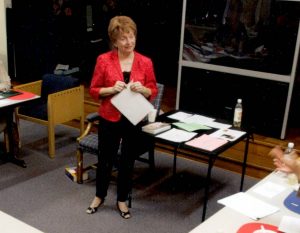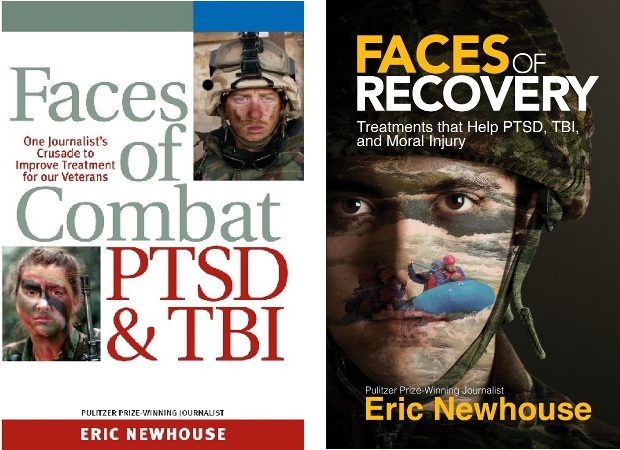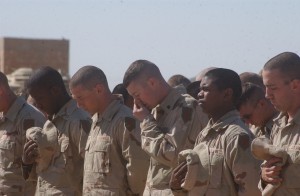
To merely categorize Pulitzer-Prize-winning author Eric Newhouse’s latest writing Faces of Recovery as “a book” is misleading. In actuality, it is several books in one, with varied reader-audiences.
Its subtitle, Treatments that Help PTSD, TBI and Moral Injury, covers vastly more information as well, including research, personal stories, interviews, perspectives, and compelling examples aimed at educating military veterans, their family members, veterans’ counselors, civilians, and decision-makers in our Veterans Administration.
His writing is in-depth; his reporting focuses on various past weaknesses and some current improvements slowly being made to assist veterans, but his ultimate conclusions are uplifting and positive.
There is hope for those suffering from war’s “invisible wounds” as well as those with more obvious scars. Many people who never faced combat but who suffer from PTSD and other injuries can learn methods to help them begin healing.
What readers will discover is an overview of how millions of American veterans and their families continue daily to confront issues that resulted from what they experienced first-hand in battle or witnessed as journalists/photo-journalists, or as military and medical personnel. Some never left our shores and yet have PTSD symptoms years after the original incidents occurred. Clearly, our society may be experiencing a vast and complex general condition: soul injury.
Newhouse’s numerous personal interviews combined with gut-wrenching and detailed stories are reinforced by scientific research and statistics backed by reliable medical studies and decades of veterans’ data which leave no doubt that prolonged combat increases emotional and physical injury.
A veteran himself, Newhouse reveals in a stunning description how he was suddenly, personally, and emotionally affected when, for the first time, he stood in front of the Vietnam Memorial in Washington. He had served in the Army, but since he was never deployed to Vietnam, he felt he had left the service unscathed. It was his psychological experience at “The Wall” that triggered his mission to seek help for those millions of Americans who served, both in combat and on the home-front, still suffering the effects of lost innocence.
Memories of actions resulting in killing someone during combat can also cause life-long guilt and trauma, if left to fester. Moral injury, as he terms it, can be as catastrophic as brain injuries.
Newhouse often speaks to veterans’ groups and those who counsel vets. He consults with Veterans Administration planners, interviews those veterans and civilians who, through military service or their civilian jobs, have suffered everything from “shell-shock,” a term used following WWII, to PTSD and TBI or moral injury from Vietnam or Middle East combat.
His book also includes revealing writings and interviews from many combat vets as well as one woman journalist who witnessed, solely on television, a major natural disaster with resulting deaths when her hometown of New Orleans was forever changed. Still today, although improving, she is re-living some of the images. Newhouse outlines successful techniques and approaches to make progress on what can be a slow-but-sure road to recovery.
Having taught Marines and sailors for the past two years at Camp Pendleton in a volunteer program called, “Writing for Strength,” I am honored to be mentioned in Newhouse’s latest release, a sequel to his Faces of Combat, used extensively in counseling and other educational programs to help veterans and others start to recoup their lives.
His books are essential for those working with veterans. Counselors and chaplains who attended my program consider Newhouse’s methods vital for connecting with and helping vets begin their healing process. Individual Marines and sailors who participate in Camp Pendleton’s program report finding his techniques something they need to continue to practice. Newhouse shows how writing, physical exercise, counseling and education can be combined to assist those who are injured.
He continues to dedicate his own life to making a difference in the lives of others. Faces of Recovery is the latest of his superb guidebooks for those in need.
Julie Davey, Writing for Strength Program, Camp Pendleton

